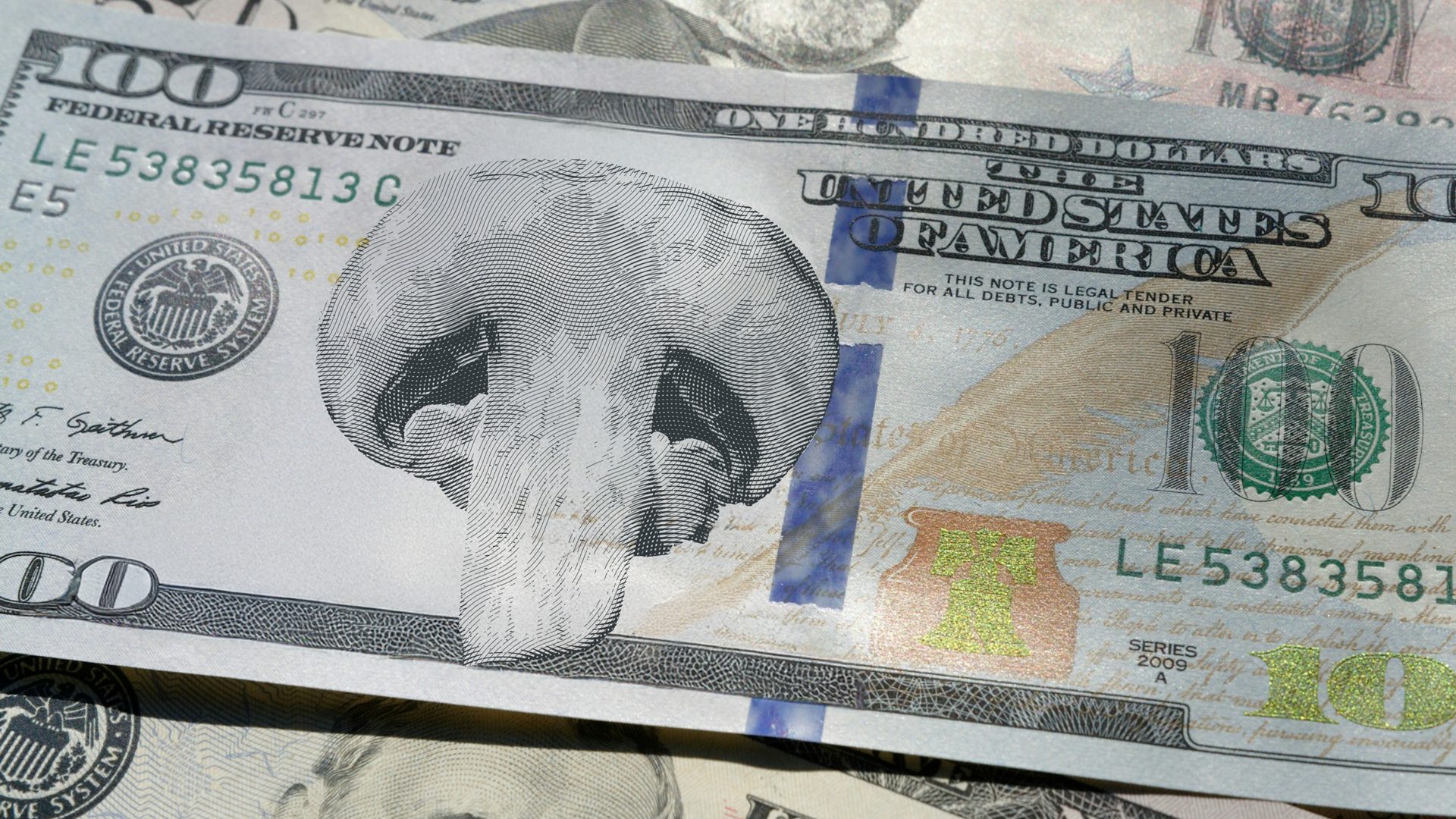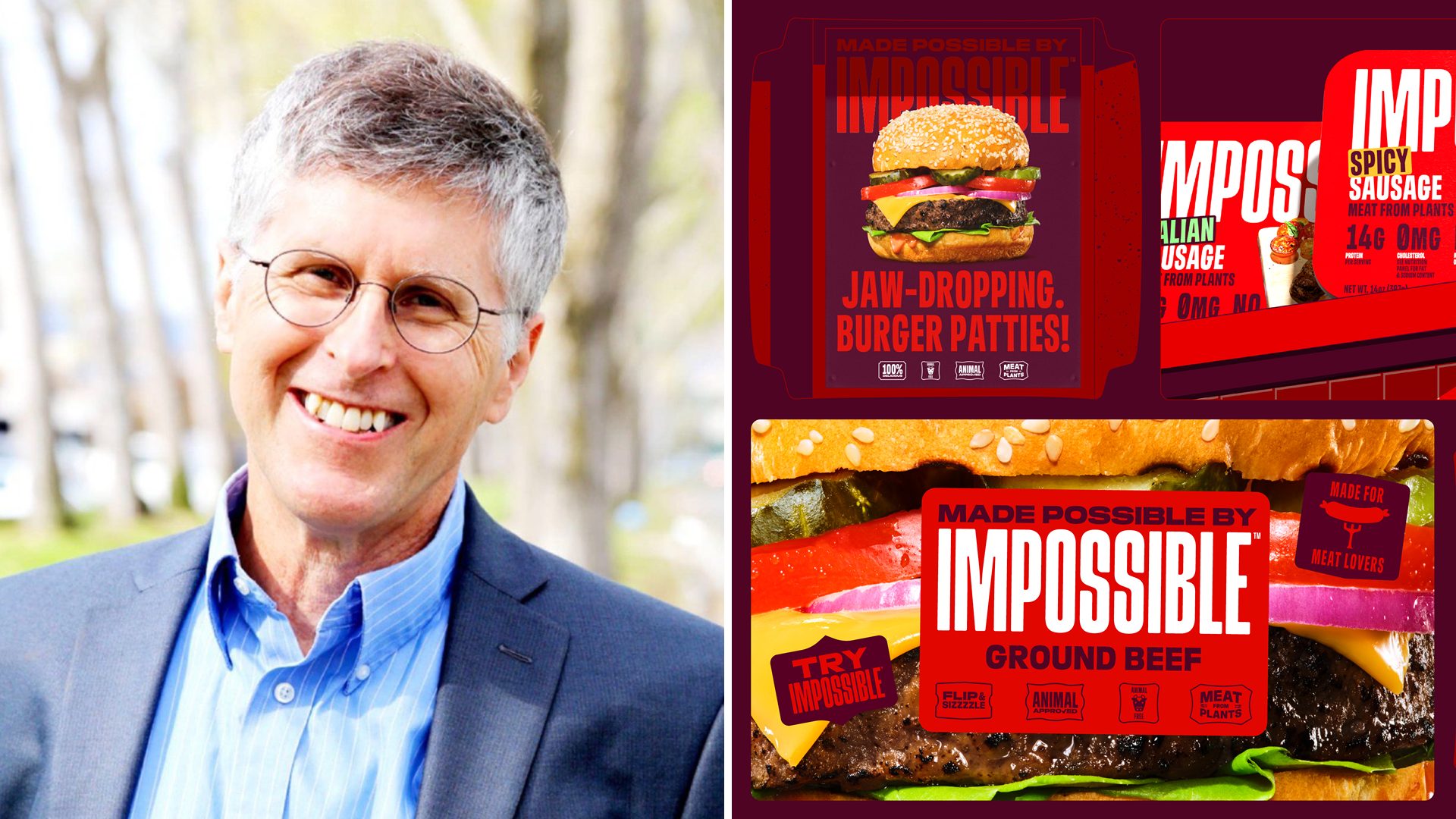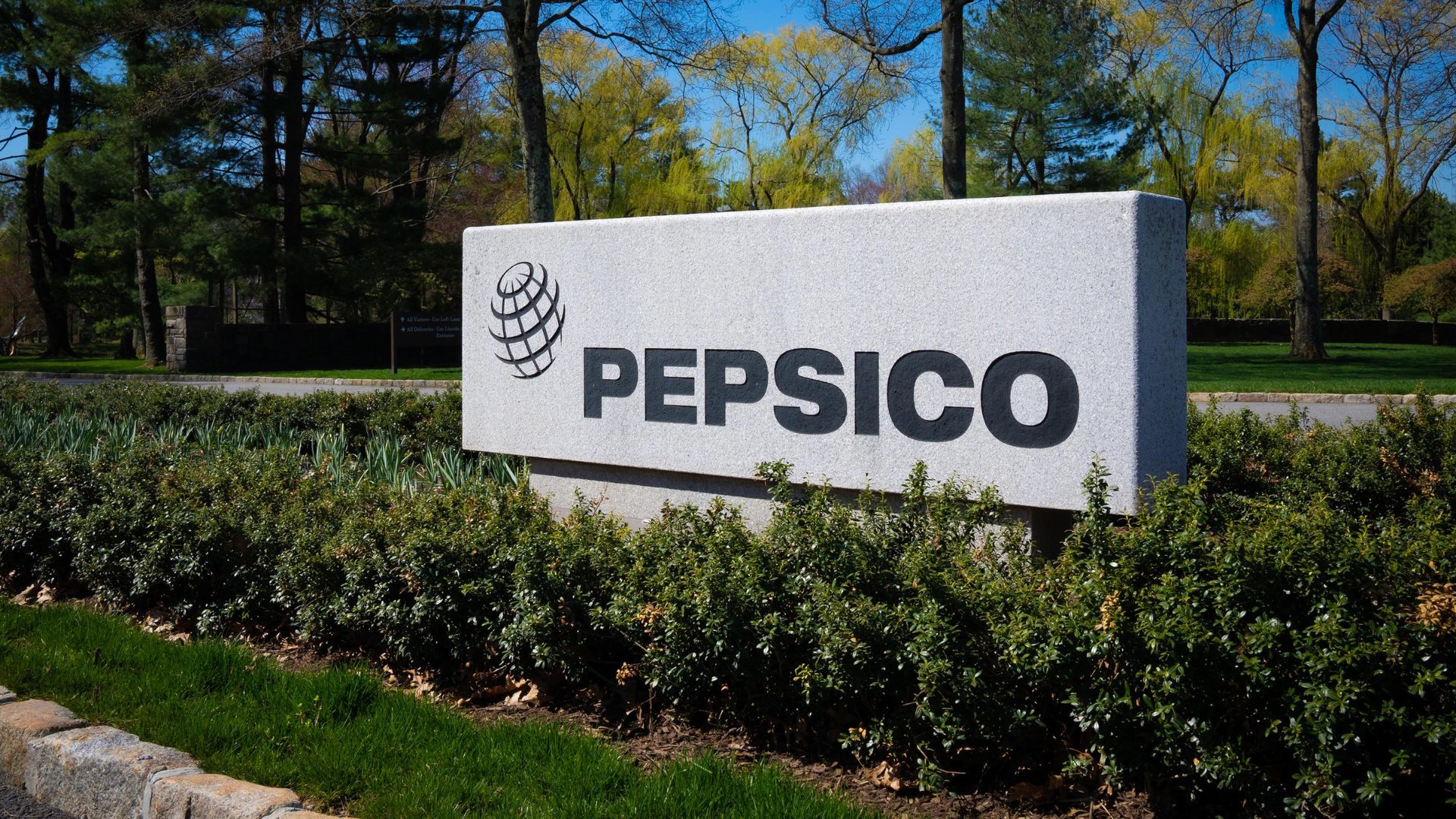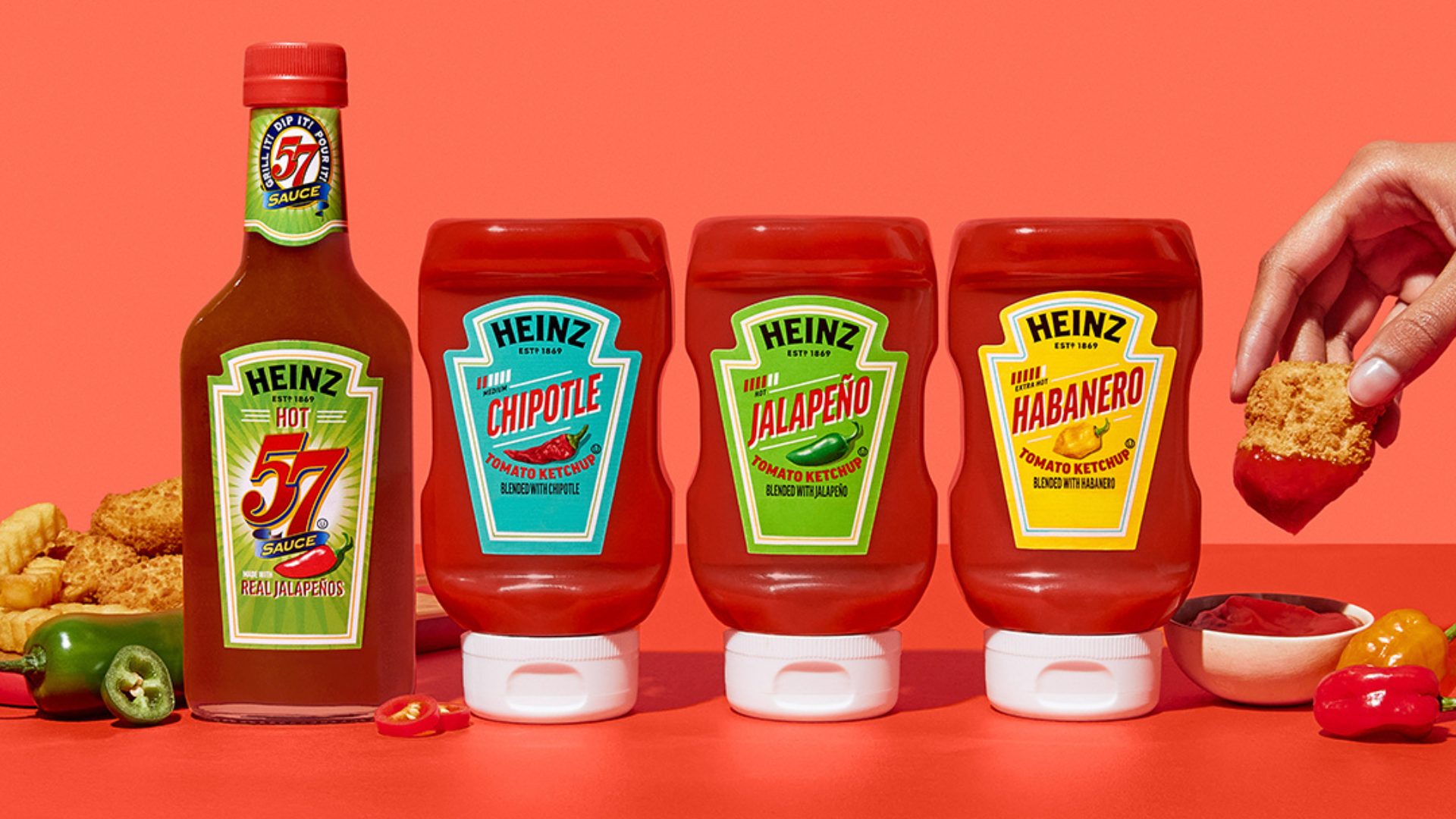A week ago, Beyond Meat stock closed at 52 cents. That was an all-time low, and a deserved valuation.
Beyond Meat’s financial results continue to head in the wrong direction. The company’s own chief executive officer, Ethan Brown, admitted that “we are disappointed” with second quarter results. Sales fell nearly 20% year over year. Gross profit was less than $9 million; adjusted EBITDA (earnings before interest, taxes, depreciation, and amortization) was negative $22 million. Earlier this year, Brown had set a target of getting EBITDA to break even by the second half of 2026. But with that loss running at 30% of revenue, Brown’s target seems like it was far too optimistic.
Meanwhile, Beyond Meat closed the quarter with over $1 billion in debt maturing in 2027. The steadily declining revenue and lack of profit made refinancing that borrowing impossible. So, Beyond Meat essentially handed the company over to its bondholders.
Last week, Beyond Meat announced it was swapping over 300 million shares in equity — representing 80% of the company — to retire nearly all of its existing debt, while adding another $200 million in borrowings that don’t mature in 2030.
The deal was an absolute Hail Mary, and investors recognized it as such: Beyond Meat’s stock price fell by half in three trading sessions. The only real question is why the market was surprised: In this space in March, we predicted that bondholders would eventually own the company. Even now, with annual revenue under $300 million, cash flow negative, and $200 million in borrowings still outstanding, Beyond Meat’s long-term survival is far from guaranteed.
And yet, in the past week, Beyond Meat stock has soared 600%. There is no real fundamental justification for the rally. At Thursday’s close of $3.58, accounting for the equity swap, Beyond Meat now has a market capitalization of $1.4 billion. It’s impossible to build a financial model that supports that valuation.
Instead, it looks like Beyond Meat is yet another beneficiary of the bizarrely persistent trend of “meme stocks,” a trend birthed during the famous rally in GameStop stock that peaked in late January 2021. But aftershocks have followed ever since.
Movie theater chain AMC Entertainment attracted a horde of individual investors that numbered in the millions, owned more than half the company, and called themselves “apes.”
Retailer Bed Bath & Beyond saw a meme frenzy so intense that it was able to sell stock to retail investors even after it had filed bankruptcy.
And this summer, a hedge fund manager led a stampede into home buyer Opendoor and spent days in front of the home of Canadian rapper Drake in a bid to draw more attention and more investors.
Why, exactly, Beyond Meat — or any company — gains such popularity with individual investors isn’t entirely clear. Social media is at play; in this case, a Dubai-based trader with the online handle “Capybara Stocks” appears to be leading the charge.
That aside, Beyond Meat does have the characteristics of many meme stocks: a low stock price, a huge decline from past highs (the stock is still off more than 98% from its all-time high reached in 2019), and, importantly, a heavy short interest. Right now, about 63% of Beyond Meat’s tradable shares are sold short; that figure for years has been one of the highest in the market, as traders bet (correctly) that the Beyond Meat stock price would continue to decline.
That high short interest sparks interest in creating a “short squeeze,” in which traders short the stock are faced with margin calls and thus must buy the stock back, driving the stock price higher and forcing even more short covering. The narrative — retail traders against nefarious hedge fund managers — is perfect for social media.
The problem for investors, however, is that the characteristics that create high short interest are the same characteristics of a poor business. Traders were short Beyond Meat because the plant-based meat category is collapsing; they were short GameStop because physical video games were disappearing. Investors are rushing into these businesses at valuations that make no sense — and, unless they time the rallies correctly, they inevitably get burned in the process.
GameStop is down 80% from the highs reached in its 2021 frenzy and has been dead money for years.
AMC is down 76% from where it closed 2020, before the meme stock trend began.
And Bed Bath & Beyond shareholders were zeroed out (the assets were later sold to online retailer Overstock.com, which took the acquired company’s name and stock ticker).
For companies, meme stock rallies do offer potential opportunities, as they can sell stock into the rallies for cash. AMC used its proceeds to pay down debt. GameStop has raised billions of dollars and put some of the proceeds into Bitcoin (another trend that confounds traditional investors). For Beyond Meat, the rally can help — if it holds.
Owners of the $209 million in new convertible debt can exchange their debt for stock at a little under $1 per share and would certainly do so given the ability to sell those shares at over $3 — but they can’t do so for 60 days. Meanwhile, Beyond Meat needs to hold a special meeting next month to authorize the issuance of more shares. Once that occurs, the company can then start selling shares in the open market to improve its balance sheet — but only if the stock price remains elevated until then.
This all speaks to just how strange the meme stock trend truly is. A week ago, Beyond Meat had basically no access to capital; its only solution for avoiding a bankruptcy was to hand over 80% of the company because that was literally all it had to offer. Now, a potential lifeline looms — and it comes from investors attracted to the company, not because it was succeeding, but at least in part because so many traders were betting that it would continue to fail.
About the author: Vince Martin is an analyst and author whose work has appeared on multiple financial industry websites for more than a decade and is currently the lead writer for Wall Street & Main. He has no positions in any securities mentioned.
Food for Thought Leadership
Is the future of flavor increasingly borderless? Valda Coryat, vice president of marketing for condiments and sauces at McCormick, reveals how curiosity powers McCormick’s flavor foresight, why segmentation by “flavor personality” matters, and how flavors are becoming more culturally driven.











